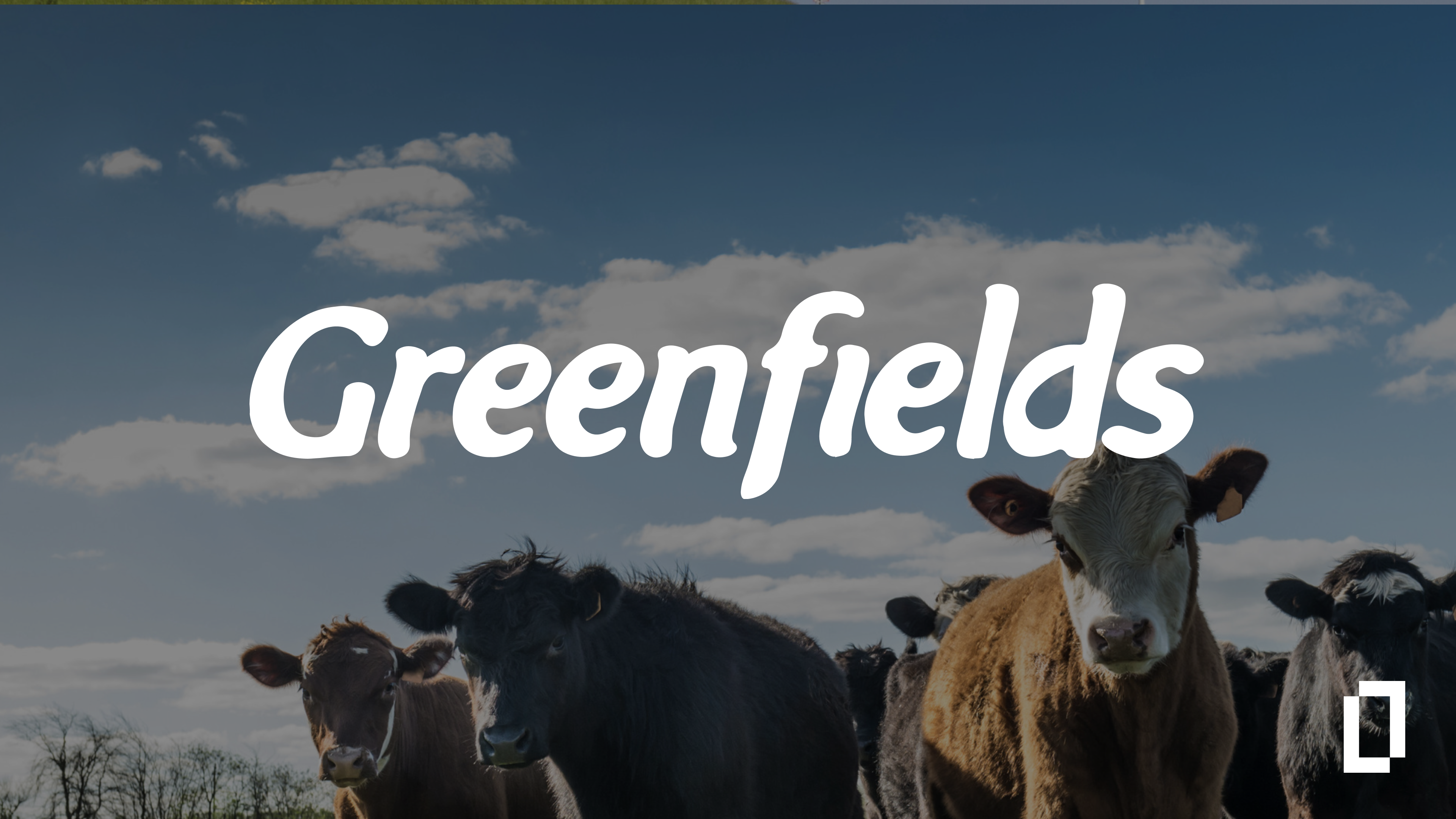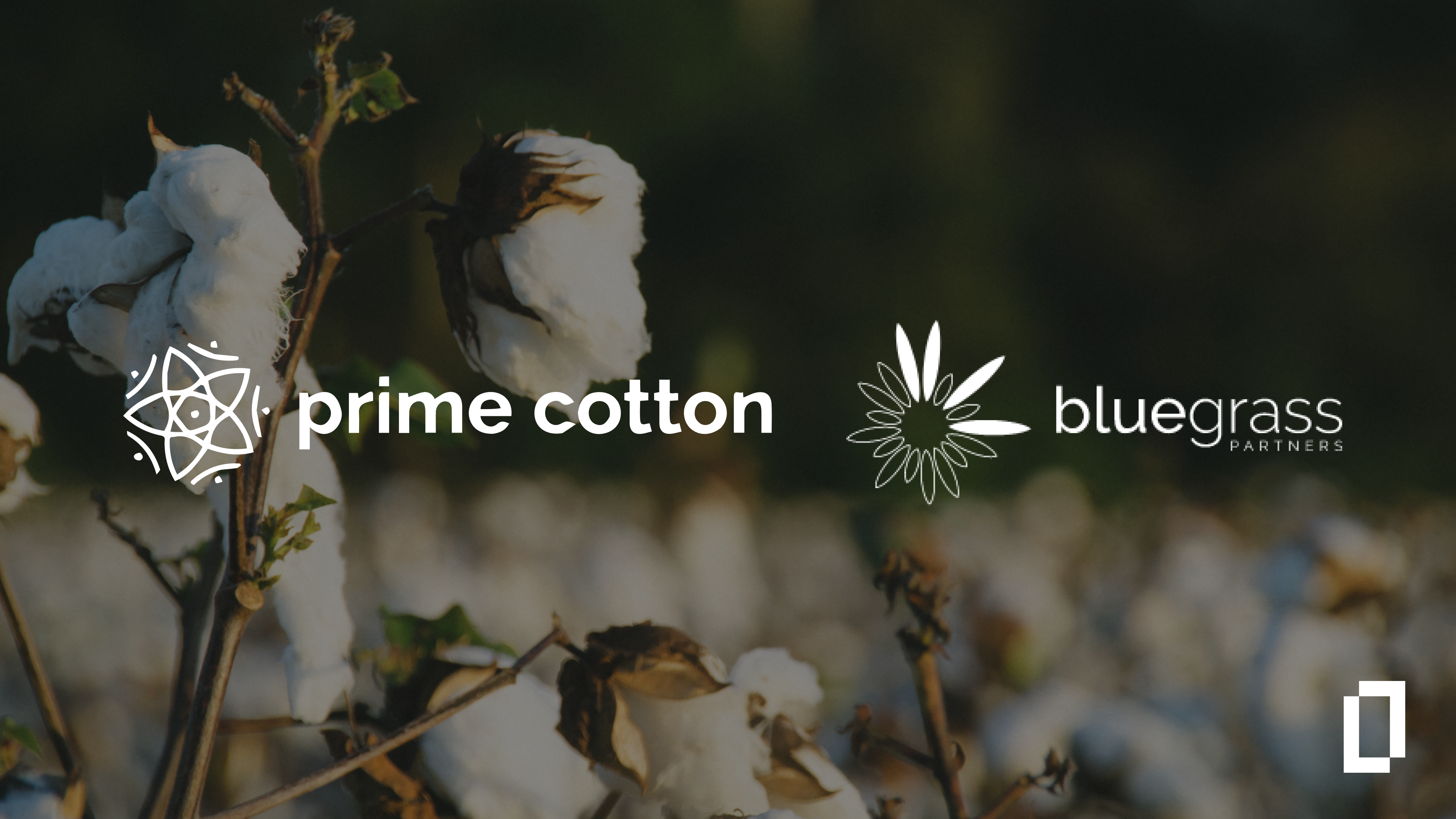PRODUCT IMPLEMENTED
Corporate Carbon Footprinting (CCF)
MACC cost benefit analysis
Competitor benchmarking
INDUSTRY
Dairy Farming & Production
HQ
Indonesia
COMPANY SIZE
19,000 cattle
100-500 employees
- Detailed calculations of Scope 1, 2, and 3 emissions – including methane – from feed, through farm, to distribution
- Cost-benefit analysis pinpointed feed procurement as an impactful decarbonisation lever with the added benefit of potential cost savings
- Benchmarking of Greenfields dairy milk production emissions with competitors and non-dairy alternatives for informed decision-making
About Greenfields
Greenfields is one of the largest dairy companies in Southeast Asia. Based in Indonesia, the company runs farms that care for 19,000 heads of cattle and a processing factory that produces fresh and UHT milk, cheeses, yogurts and drinks for retailers across the region.
Driven by a commitment to quality, community and protecting the environment, Greenfields is taking proactive steps to address future sustainability challenges. Their immediate goal was to obtain compelling emissions data and insights to effectively engage stakeholders around reduction opportunities and targets.
Recognising the imperative of a comprehensive Scope 3 emissions baseline to underpin any meaningful analysis – including benchmarking, hotspot identification, decarbonisation lever simulation, and cost-benefit analyses – Greenfields, together with their investor TPG Capital, partnered with Terrascope. They were keen to leverage the capabilities of an end-to-end decarbonisation platform to unlock a dynamic and granular emissions mapping of their entire dairy value chain.
The Challenge
Greenfields’ leadership wanted to engage internal and external stakeholders on sustainability within its dairy production and supply chain. But they lacked the necessary data and insights to generate interest, especially given seemingly distant regulations and reporting obligations.
The Terrascope Solution
By partnering with Terrascope, Greenfields now have a comprehensive understanding of emissions hotspots and drivers along their entire entire dairy value chain, unlocking opportunities and value in three key areas:
01.
Accelerating sustainability buy-in
Greenfields leveraged Terrascope’s decarbonisation platform and agri-food expertise to establish a comprehensive emissions baseline covering Scope 1, 2, and 3 emissions – including methane emissions. With the ability to drill down into key contributors of emissions at each phase of dairy production – from feed and farms to manufacturing plants and distribution – Greenfields now have compelling data and advanced analytics to engage employees and stakeholders on emissions reductions.
Terrascope mapped out emissions along
Greenfields' entire dairy value chain
Greenfields uncovered the potential to reduce
cattle feed feed emissions by more than 50%
02.
Optimising decarbonisation investments
Using Terrascope, Greenfields modeled various reduction initiatives across procurement, methane emissions from enteric fermentation, manure management, and transportation & distribution to gauge their impact on overall emissions. This enabled them to uncover previously unknown reduction opportunities, such as the potential to cut cattle feed emissions by more than 50% through alternative sourcing.
Additionally, Greenfields utilised Terrascope to benchmark their dairy production emissions profile and intensity against local and global competitors, as well as non-dairy alternatives. They also conducted a Marginal Abatement Cost Curve (MACC) analysis with Terrascope to pinpoint cost-effective decarbonisation strategies. This analysis revealed a potential to cut costs through different procurement choices, such as replacing 10% of a particular type of cattle feed with an alternative.
Cost-benefit analysis of decarbonisation levers uncovered opportunity
to cut emissions and save costs through cattle feed procurement
03.
Operational efficiency
Terrascope offers Greenfields an efficient and scalable model for emissions measurement and management through automated data processing, smart analytics, and AI-generated decarbonisation recommendations. In a single platform accessible by all key stakeholders, Greenfields now have a clear, dynamic view of emissions hotspots and drivers across its entire dairy value chain. This is enabling a data-driven understanding of the challenges and opportunities that lie ahead in their climate journey.

![[Video] Tetra Pak: Building Sustainability with Speed](https://www.terrascope.com/hubfs/Tetra%20Pak%20%283%29.png)

